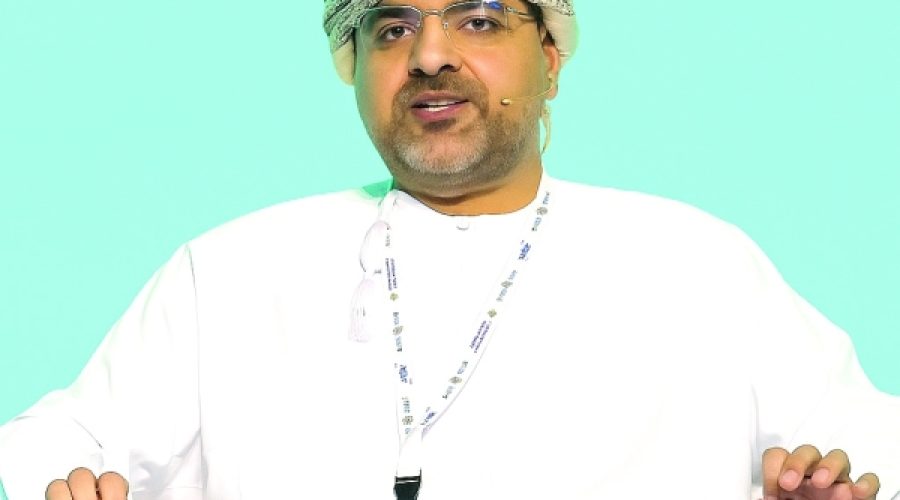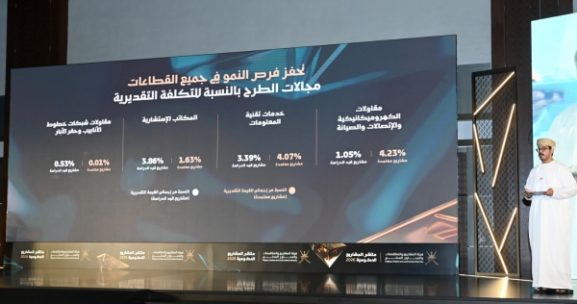Personal Income Tax Levy in Oman: What It Means for Investors and Businesses to Preserve Market Edge
MUSCAT, OCT 19 – Oman is set to introduce a Personal Income Tax (PIT) on high-earning individuals starting in 2028, a move carefully designed to preserve the competitive strength of the country’s capital market, a senior government official has confirmed.
Mahmood al Aweini, Secretary General of the Ministry of Finance, emphasized that this pioneering tax—the first of its kind in the Gulf region—has undergone thorough analysis by authorities and will be continuously reviewed to identify and address any adverse effects. “We have the tools to ensure that if any negative impacts occur, we can restore the market’s competitive edge and attractiveness,” he stated.
Al Aweini made these remarks at the 2025 Annual Conference of the Middle East Investor Relations Association in response to a question from Azza al Habsi, Assistant Vice President for Economic Research & Emerging Trends at Ominvest. She inquired about how the government plans to prevent the inclusion of capital market gains under the new PIT from undermining Oman’s progress in capital market development and regional competitiveness.
Clarifying that the introduction of PIT was the result of extensive studies rather than a sudden decision, Al Aweini highlighted Oman’s pioneering leadership in implementing this reform. He pointed out that the delay of implementation until 2028 allows ample time for the market to adjust and reassured investors that the government’s goal remains to enhance the market’s appeal and competitive position.
Drawing parallels with the successful implementation of the Value Added Tax (VAT) during the Covid-19 pandemic, when inflation was effectively managed, Al Aweini expressed confidence that similar responsiveness and flexibility would mitigate any potential challenges PIT might pose to investors or the market.
Following the conference, Azza al Habsi noted, “The key takeaway was Al Aweini’s assurance that the government is vigilantly monitoring market developments and is steadfastly committed to capital market growth.” She added, “The postponement of PIT implementation to 2028 reflects a prudent, measured approach, allowing policymakers sufficient time to observe, learn, and adjust as necessary.”
The new tax will impose a flat rate of 5% on annual incomes exceeding RO 42,000 (approximately $109,000). Taxpayers will be allowed deductions for education and healthcare expenses, zakat contributions, charitable donations, and other qualifying items.
Special Analysis by Omanet | Navigate Oman’s Market
The introduction of a 5% Personal Income Tax on high earners from 2028, a pioneering move in the Gulf, signals Oman’s commitment to fiscal reform while safeguarding its capital market competitiveness. For businesses, this creates an environment where market attractiveness will be actively managed, presenting opportunities for savvy investors to capitalize on a maturing, well-regulated market. Smart entrepreneurs should closely monitor government adjustments and policy responsiveness, leveraging the transition period to adapt strategically and explore new investment avenues aligned with Oman’s evolving economic landscape.



